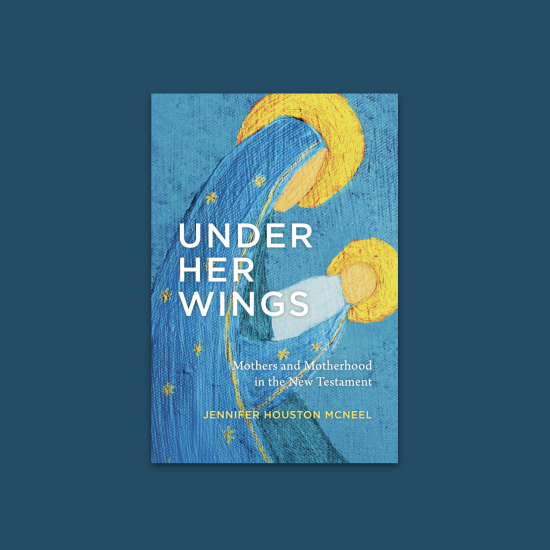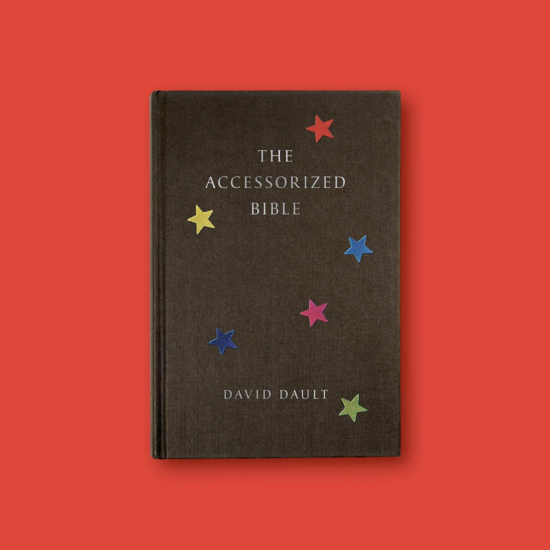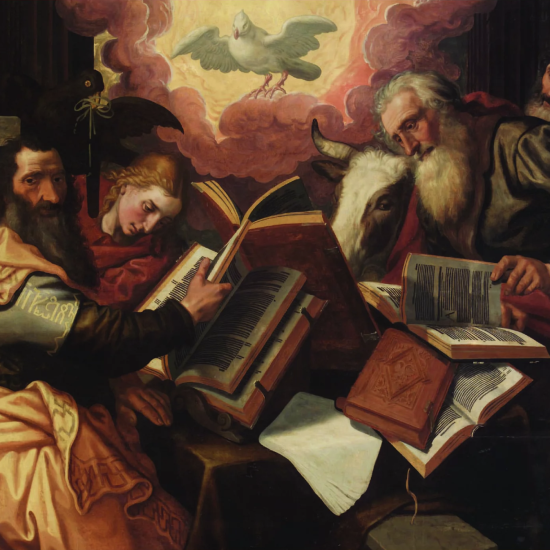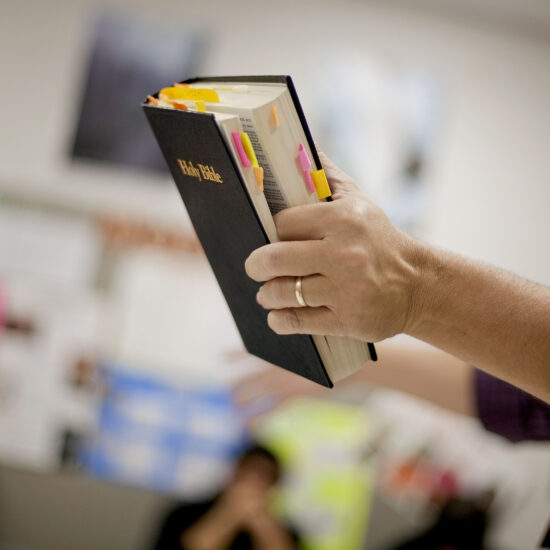CHAPEL HILL, N.C. (ABP) — Robert Bratcher, the New Testament translator for the Good News Bible, died July 10 at the Carol Woods retirement community in Chapel Hill, N.C. He was 90.
Born in Brazil the son of L. M. Bratcher, a Southern Baptist missionary for 35 years, Bob Bratcher taught at Baptist Theological Seminary in Rio de Janeiro from 1949 until 1956, when he resigned from the Southern Baptist Convention Foreign Mission Board in a dispute over his teaching.
Since he had worked with the American Bible Society in revising a Brazilian Bible, Bratcher asked Eugene Nida, executive secretary of the ABS Translations Department, to recommend him for a teaching position in the United States. Nida invited Bratcher to work with him at the Bible society "in the meantime," which turned out to be until Bratcher's retirement in 1995.
In the early 1960s, the secretary of special ministries for the Southern Baptist Home Mission Board asked the Bible society to recommend the best translation for people who speak English as a second language. Looking over the modern translations available at the time, ABS leaders decided that no singe version really fit that need, so Nida asked Bratcher to do an English translation "for Southern Baptists."
Released with the title Good News for Modern Man, the New Testament was first issued in 1966. The complete Bible was published in 1976 as the Good News Bible, also known as Today's English Version.
For a time the best-selling Bible in America, the Good News Bible touched millions of lives, the vast majority of whom never heard of its chief translator. In a radio interview in 2003, Bratcher said that's the way it should be.
"A translator — especially a translator of the scriptures — should not be known, because the important things are the words and the message that come through those books and not the person who did the translation," he said.
Bratcher's name did appear in early versions of the translation, prompting a question at one conference of why he was identified contrary to standard policy. The ABS official, Bratcher said, answered frankly, "Well if it didn't go well, we'd have someone to blame."
Bratcher caught plenty of blame in 1981, when he made comments at a national seminar in Dallas sponsored by the Christian Life Commission of the Southern Baptist Convention criticizing fundamentalist views of the Bible
"Only willful ignorance or intellectual dishonesty can account for the claim that the Bible is inerrant and infallible," Bratcher said. "No truth-loving, God-respecting, Christ-honoring believer should be guilty of such heresy. To invest the Bible with the qualities of inerrancy and infallibility is to idolatrize it, to transform it into a false god."
Bratcher's comments made it into the New York Times, setting off a controversy that prompted many conservatives to stop giving to the American Bible Society and led to a financial crisis.
Determining him to be a liability, ABS officials decided Bratcher should be dismissed, but overseas colleagues in the United Bible Societies, the umbrella fellowship of 145 individual Bible societies including ABS, supported him. Eventually Bratcher agreed to resign with the ABS but continued to do the same job as a consultant for the United Bible Societies. After retiring he continued to work with the Brazilian Bible Society.
Bratcher was a longtime active member and Bible teacher at Olin T. Binkley Memorial Baptist Church in Chapel Hill. A memorial service for him is scheduled at 3 p.m. Saturday, July 24, in the church sanctuary, with a reception immediately following in the Fellowship Hall.
The Good News Bible used a theory of translation termed "dynamic equivalence," where the meaning of the Hebrew and Greek are expressed in a translation "thought for thought." It contrasted with the "formal equivalence" method evident in old standard translations like the King James Version and Revised Standard Version, resulting in a more wooden word-for-word translation.
"They felt that way that faithfulness was being preserved, but that is not necessarily true," Bratcher explained in the 2003 interview with Robert Seymour, his former pastor, on WCHL radio in Chapel Hill.
"We're trying to make the translation match the original, not in form, but in the way the reader will understand and react to it," he said. "The ideal is that the reader of the translation understands the text as well as the reader of the original and reacts to it in the same way. Of course it's an impossible goal, but that's what you try to do."
The method was never popular with some biblical conservatives, and it became even less so when some of Bratcher's own views became public. Alleging that Bratcher's disdain for fundamentalism influenced his translation, critics noted choices like replacing the "blood" of Jesus in passages like Romans 5:9 with references to Christ's atoning death.
The Good News Bible also passed what had become a litmus test for so-called "liberal" translations — translating Isaiah 7:14 to refer to a pregnant "young woman" instead of "virgin," as rendered in the King James Version.
Bratcher said the Hebrew word used by Isaiah means a young woman of marriageable age, though not necessarily a virgin. When the passage is quoted in Matthew 1:23 as prophesying the birth of Jesus, the word is "virgin," implying the New Testament author used a Greek translation of the Old Testament made 500 years after Isaiah.
The Isaiah verse sparked controversy in the mid-20th century when the Revised Standard Version used "woman," earning accusations from fundamentalists and some evangelicals of deliberately tampering with the Scripture to deny the doctrine of the Virgin Birth.
-30-
Bob Allen is senior writer for Associated Baptist Press.






